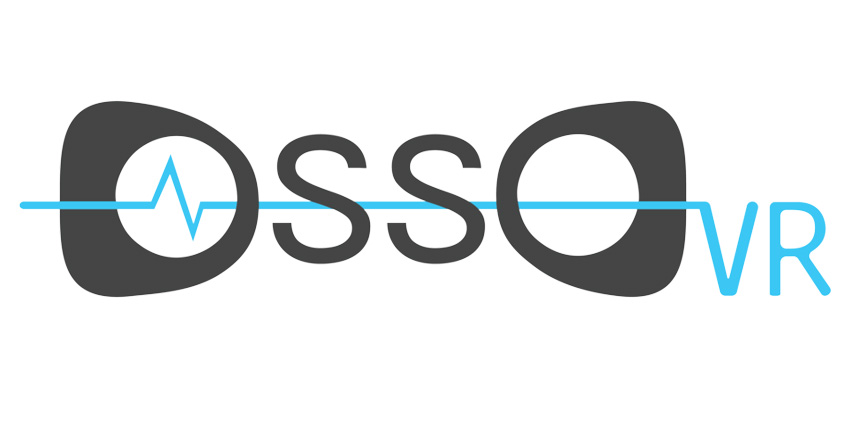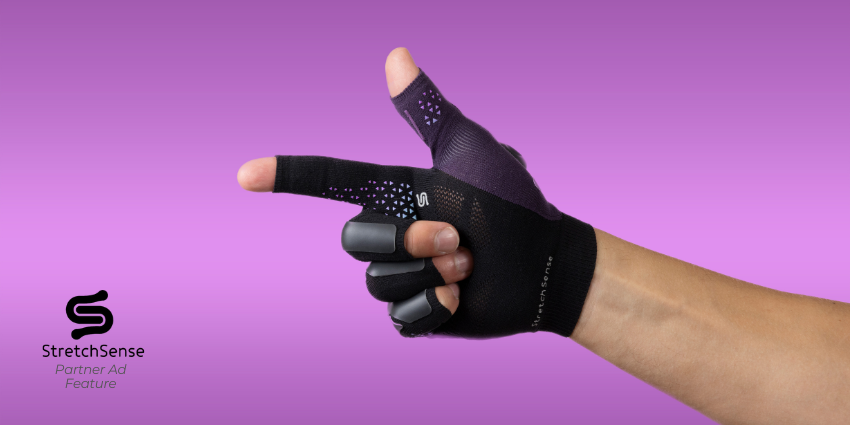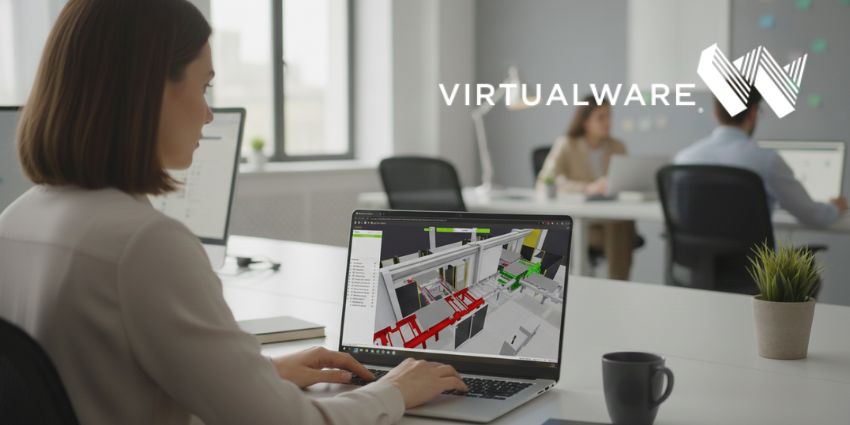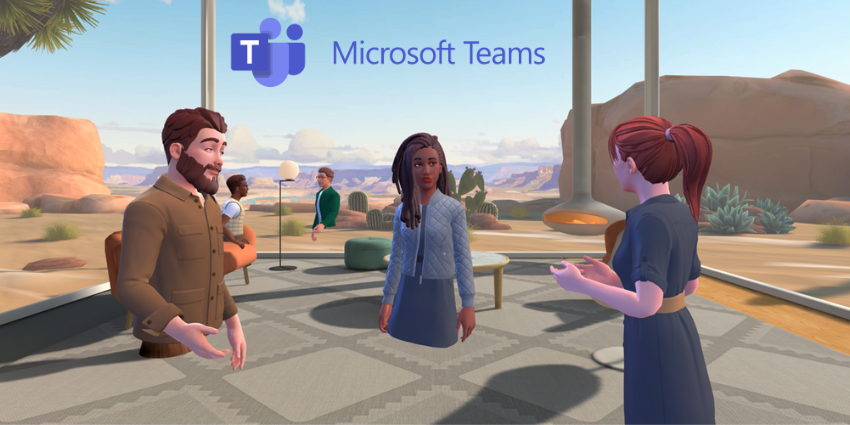Virtual reality has the power to change the way that many of us live and work. More than just a tool for entertainment, virtual reality is becoming a valuable service for collaboration, training, and even product development.
In the healthcare industry, virtual reality could be the key to better training opportunities and enhanced patient care. Students could learn how to perform procedures in a virtual environment without putting patients or expensive resources at risk. Doctors can interact with patients in a virtual environment without exposing themselves or unwell individuals to dangerous environments.
Working with Oculus for Business and Osso VR, a leading company, Johnson & Johnson recently shared its experiences on how VR can support the healthcare industry.
Updating Surgical Training Opportunities
As mentioned above, one of the major benefits of extended reality in healthcare is that it opens the door to new training opportunities. Doctors and surgeons often observe skilled professionals until they’re ready to attempt procedures on their own. Unfortunately, as the landscape in healthcare has evolved, this model is becoming less sustainable.
According to the MD of Osso VR, Justin Barad, new medical devices in the surgical rooms, would cause doctors to start googling how to use things while the patient was on the table. However, data suggests that experts should perform a new procedure around 100 times to become proficient in it.
Some promising new medical devices may struggle to get the adoption they deserve because surgeons don’t have the opportunity to practice using them before they’re thrown in at the deep end. Traditional training solutions just don’t provide the right support for skill development.
However, VR could be the answer to this problem. According to the Osso VR and Johnson & Johnson case study, when performing a simulated procedure, VR trained students scored 233% higher than students training through passive learning measures. The percentage of steps completed by VR-trained professionals was also 252% higher than their counterparts.
Better Training Creates New Opportunities
Johnson & Johnson originally began using VR experiences to train surgeons for using orthopedic devices in 2017. The experiment showed some promise for VR, but the technology simply wasn’t scalable enough back then. It wasn’t until the rise of Oculus for Business with Facebook that the group could create a more significant training program.
According to team director, Tim Mauri, Oculus for Business software allows the company to provision hundreds or thousands of headsets with ease for greater training. Leaders can even roll out new software to countless headsets in real-time. Osso VR is working to expand the training curriculum available for the J&J institute with VR now. More than a dozen training modules are now available, using the Oculus Quest headset as a training device for virtual, risk-free training.
During the Covid-19 pandemic outbreak, the Osso VR institute and J&J group saw a massive increase in requests from medical centers searching for a reliable way to continue training doctors in an environment where elective surgeries simply aren’t available for observation. Medical centers can’t afford to have a shortage of trained medical professionals. Groups need to ensure that they have the right training environments ready now, and J&J can offer this with the help of Oculus technology and Osso VR.
Beyond Better Training
It’s not just the new training opportunities that make VR more compelling either. The Oculus for the Business platform also lets members in various healthcare environments and teams to continue collaborating on complex tasks, despite quarantine requirements. The individuals involved can put on an Oculus Quest headset and join a virtual meeting where they sketch out ideas and plan work with virtual whiteboards.
Many employees are beginning to see that virtual reality landscapes can be a better way to strengthen the connections between team members in a way that outshines video and audio conferencing scenarios. With the portability of things like the Oculus Quest headset and support from innovative VR companies, healthcare groups can scale their VR training platforms more quickly and efficiently than ever.
According to Sandra Humbles, Vice President of Global Education Solutions for the Johnson and Johnson Medical Devices environment, it’s going to be crucial for healthcare groups to access VR. Every surgeon in every hospital worldwide will need these immersive training opportunities to keep patients safe and unlock new growth opportunities.







